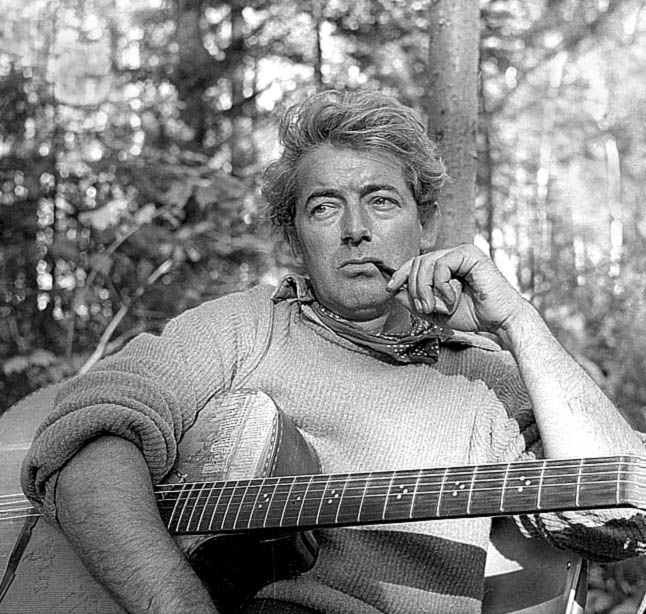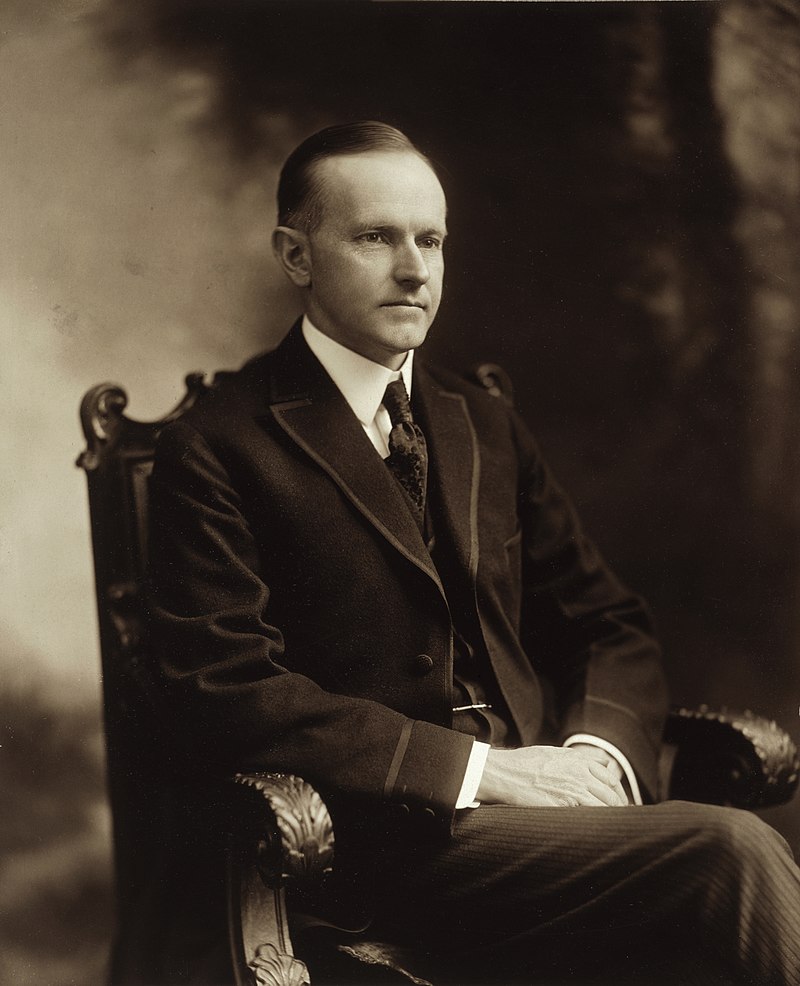Landschlacht, Switzerland, 20 August 2016
As I sit at my desk, up and about far too early on a Saturday morning, I am trying to recapture the enthusiasm and energy by which I am known both as an ESL teacher and a part-time Starbucks barrista for working later today.
I will never claim to be more than a competent teacher/barrista, but I have been told on numerous occasions that generally I am pleasureable to work with.
This kind of remark always make me smile, for when I compare myself to Italians I have known their energy and exuberance on the job seems far superior to my own.
So many adults spend 80% of their adult lives working, yet so few seem truly contented doing these jobs.
Work for many is something that must be endured, that must be survived.
Rare is the person who leaps out of bed and yells “Thank God, it’s Monday!”.
So the moments when I encounter, or read about, someone who truly loves his/her job and brings to it dignity, passion, professionalism and character to that job, then I take notice.
Montréal, Québec, Canada, Summer 1998
It had been years since I had seen her, nearly a decade.
Much had changed in our lives since we had parted.
“Kay” had completed her university studies, had married and divorced, while I remained single and had only memories of many miles travelled.
I lived in Ottawa at the time.

I was between girlfriends, between jobs, between travels, when after years of mutual silence, Kay phoned me.
Would I come to Montréal to visit her?

Ours had been a passionate relationship that had not ended dramatically, but rather had drifted away by the tides of time and circumstance.
It was summer, a great time to visit Montréal, for the winds are warm and spirits lively and souls relaxed and dancing to Gallic rhythms of romance and impulse.

We met and explored our feelings as we explored the city together.
This city was, and remains, an old friend, for I had not only visited it often during my college days and my travels, but as well I was, for a time, also a Montréalais / a Montrealer.
(Tales to be told for another time…)
Montréal is a seductress of a city, a hypnotic mystical blend of Manhattan and Paris, both cosmopolitan and spirited, a hard-working city by day, an ageless Siren by night.

Montréal is neither North America nor Europe, yet it is both.
We chased one another through a labyrinth of winding cobblestone laneways of stone buildings filled with intimate cafés, eclectic galleries and tempting boutiques, majestic places of worship set amongst green spaces of barely tamed parks.
We played and danced beneath lamplight, the aroma of “wacky tabacky” drifting above streets of grunge and glitz, panache and passion exploding from noisy crowded bars and trendy bistros amongst clubs that quickened heartbeats and record shops that promised auditory bliss.
Montréal on a hot summer night means streets throbbing with life where people of all persuasions wander aimlessly savouring the joie de vivre of the moment.

We had known one another as only intimates can, but pride and protocol and the passage of time made us hesitant and sensitive.
We found ourselves as those without vehicles do travelling the streets of Montréal by BMW (bus / Métro / walk).

Bus 55 of the Societé Transports de Montréal runs from the downtown core following the Main (rue St. Laurent) ever northwards to Mount Royal and the cosmopolitan mélange that gives the city character, for Montréal is more than Anglophones to the west of the Island and Francophones to the east, it is also an “Allophone” kaleidoscope of nationalities.
Haitians and Jews and Italians and representatives from every imaginable corner of this planet Earth rub elbows with the locals, sweating with them profusely in the day and celebrating joyfully with them at night.
And if Fortune smiles upon you the driver of Bus 55 might be “Luigi”.
Though there are places like Ottawa and Long Island that have tolerated singing bus drivers, Montréal welcomes them.
Luigi greets everyone with a smile as they board the bus, but once they are seated Luigi breaks into song.
And though we are passengers involuntarily conscripted into a mobile captive audience, no one seems to mind.
For Luigi doesn´t just transport one through the bustling boulevards of Montréal, his voice carries us down into smoky cellars / boites a chansons (“music boxes”) where raspy-voiced folk chansonniers sing of the pride and passion that is “la belle province” and then we find ourselves swept up inside an aria’s dulcet tones and carried upon canals of serenading Venetian gondoliers inspired by the romance of magical moonlight.

Above: Chansonnier Felix Leclerc, 1957, songwriter of my favourite French Canadian ballad, “Moi, mes souliers sont beaucoup voyagé”

Above: Venezia gondolier
Only souls of stone can resist Luigi´s passion and pleasure and couples restrained by etiquette forget their worries and doubts in the music of the moment.
And though the night would lead to sorrow, tears and anger at the realisation that the past can never be recaptured nor a future built upon its ruins, we shared a final symphony, an ode to joy, sung unashamedly by a humble bus driver.
Vails Gate, New York, USA, 25 March 2016
I am not the only person to be inspired by someone´s passion and pleasure in their work, Will Pavia of the Times of London also succumbed to the charms of another happy Italian labourer:
“The first time Anthony Mancinelli (born 1911) cut someone’s hair, Calvin Coolidge (1872 – 1933, President 1923 – 1929) was beginning his first term in the White House.

Above: Calvin Coolidge
Since then empires have fallen, square fringes have come in and out of fashion, and Mancinelli has become the world´s oldest working barber.

“I just kept going,”, he said on 24 March, his 105th birthday.
Mancinelli works at Fantastic Cuts, a barbershop and tanning salon in Vails Gate in the Hudson River Valley, about 60 miles north of New York City.
For his birthday, someone brought in a cake and a delegation from Gillette arrived to present Mancinelli with a pair of golden scissors.
Mancinelli lives alone, still drives and works five days a week.
In his youth, Mancinelli cut the hair of gangster Jack Diamond (aka “Legs” or “Gentleman Jack”).

The flamboyant Irish American bootlegger from the Prohibition era was renowned in upstate New York for surviving numerous attempts on his life.
Diamond was known as “the clay pigeon of the underworld” until his luck ran out in 1931 when he was shot dead in a rooming house.
Mancinelli still remembers his first haircut.
He was 12 years old and the victim was his father.
A cut and shave then cost 25 cents.
Customers at the time would require additonal services, such as blood letting.
“People used to come in. They had high blood pressure. I would give them leeches to put on their arm. They always felt better.” (Times, 25 March 2016)

Aboard the SBB train from Romanshorn to Winterthur, 27 April 2016
I am travelling to work, enjoying a café creme in the restaurant car, when the salt-and-pepper graying server reveals to a “Stammkunde” (a regular customer) that this day would be his final day as a working man.
“Vittorio Scarmaglia” from Venezia has been resident in Switzerland for 36 years and has worked for the SBB (Swiss National Railways) for 18 years.

He has spent his entire life in the hospitality business.
Though he lacks the exubriance of Luigi and though he no longer is allowed by Swiss law to work as long as he desires or is able to like Mancinelli, his quiet professional manner impresses me.
His story has made me think about my own life.
I think of how we as customers rarely consider the people behind the services we receive or the products we purchase.
I think about how we sacrifice so much of our adult lives to the world of work, most of us working for others who reap the rewards of our labours and begrudingly give us just enough to surive on so our service can continue.
I think about some folks who have left behind their beloved homelands in search of a “better” life only to realise, sometimes too late, that life in a foreign land means you will always be regarded as a foreigner, both in the adopted land and back in your home country because you left it.
A change in environment means a change in perspective.
“Better” is always a question of comparison and contrast.
I think about what I myself will do should I survive until my retirement years.
Will I continue teaching until my students find me lying underneath the classroom desk?
Will I travel with meagre savings until some hiker finds me resting under a shady tree off of some hiking path?
Or without the intellectual and emotional stimuli of work will my mind fade along with my body?
I wonder…
Is Vittorio`s last ride a cause for celebration or a reason for concern?
I wish Signori Scarmaglia “Buono Fortuna” and I hope that my last class taught or my last coffee served will be handled with the same dignity and professionalism as Vittorio’s last ride.
